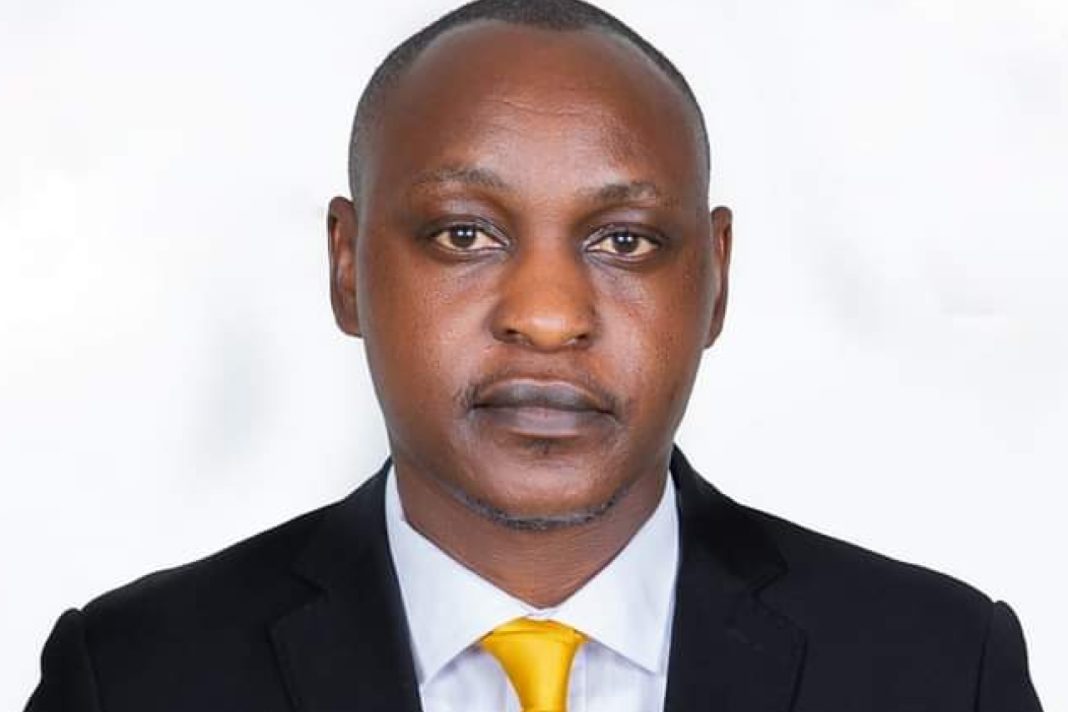By Dr. Edris Omondi (Advocate)
(Strategic Thinker, Author, Motivational Speaker, Preacher and a Lawyer)
I have just arrived from visiting some of my relatives in Gulu. Of interest was the recent interment of Kasipul Kabondo MP Ongond’o Were, who met his death in a crude manner and is subject to an ongoing investigation.
His death among my relations from the Acholi Luo in Uganda reignited discussions about justice, spirituality, and the role of traditional wisdom in resolving conflicts.
Among the Acholi, there exists a deep-rooted belief in the power of ancestral justice and the intervention of wise men- ‘ jodak’ or ‘jomariek’. The case of Kenneth Akena, an Acholi man killed in Uganda in 2016, offers a striking example of how traditional justice systems can compel accountability where formal legal processes may falter, and Jomariek among the Luo communities in Kenya could offer alternative justice.
On November 12, 2016, Kenneth Akena was shot dead along the Kampala-Jinja Highway in Uganda by a man named Kanyamunyu in what was described as a road rage incident.
Kanyamunyu, believed to come from a powerful family, denied murder charges, leaving Akena’s family desperate for justice.
In Acholi tradition, deaths resulting from violence are treated with special rituals to ensure the spirit does not rest until justice is served. Akena was buried with his head facing the gate—to allow his spirit to wonder, a symbolic act allowing his spirit to seek retribution. The wise men ‘jok’ performed a cleansing ritual using ‘Labwor’ leaves (Vernonia amygdalina), sprinkling enchanted water on the body and grave to invoke spiritual intervention.
The Spirit’s Unrelenting Pursuit
Three months later, Kanyamunyu reportedly began experiencing severe hauntings—visions of Akena’s spirit tormented him relentlessly and wherever he was Akena would appear! Unable to bear the psychological distress, his family sought reconciliation with Akena’s kin. The Acholi elders intervened, invoking ‘Mato Oput‘, a traditional justice mechanism where the perpetrator confesses, seeks forgiveness, and offers restitution.
In this ceremony, Kanyamunyu admitted guilt and was ordered to pay ten cows and three goats as compensation. His admission simplified the court case issue and led to a reduction of his legal charges from murder to manslaughter, demonstrating how traditional and formal justice systems can intersect.
Luo Traditional Justice in Kenya: The Role of Wise Men
The question posed by a relative from Gulu was, Tinder jomariek onge Kenya?-(“Are there no wise men in Luo land in Kenya any more?“)
This highlights a growing concern over the erosion of traditional conflict resolution mechanisms among the Luo in Kenya. Historically, Luo elders ‘jodong gweng’ and seers ‘ajuoga’ played crucial roles in mediating disputes, cleansing curses, and ensuring justice through rituals like ‘Chira’ (a curse for the unrepentant) and ‘Tero Buru’(ritual cleansing after violent deaths).
However, modernization and reliance on formal courts have diminished the influence of these wise men. Yet, in cases where legal systems delay justice or fail victims, revisiting these traditions could offer closure. The Luo, like their Acholi cousins, believe in spiritual consequences for unresolved wrongs—where the dead can demand justice through supernatural means.
Conclusion: Reclaiming Traditional Remedies
The story of Akena and Kanyamunyu serves as a powerful reminder that justice is not only a legal matter but also a spiritual and communal one. While formal courts remain essential, alternative justice systems like ‘Mato Oput’ among the Acholi and ‘Tero Buru’ among the Luo provide culturally relevant solutions that ensure accountability and healing.
Perhaps it is time for the Luo in Kenya to reconnect with their ‘jodak’ and ‘ajuoga’—not as a rejection of modern law or compromise Christianity as a majority are, but as a complementary force that ensures no crime goes unpunished, whether in court or in the realm of the ancestors.




